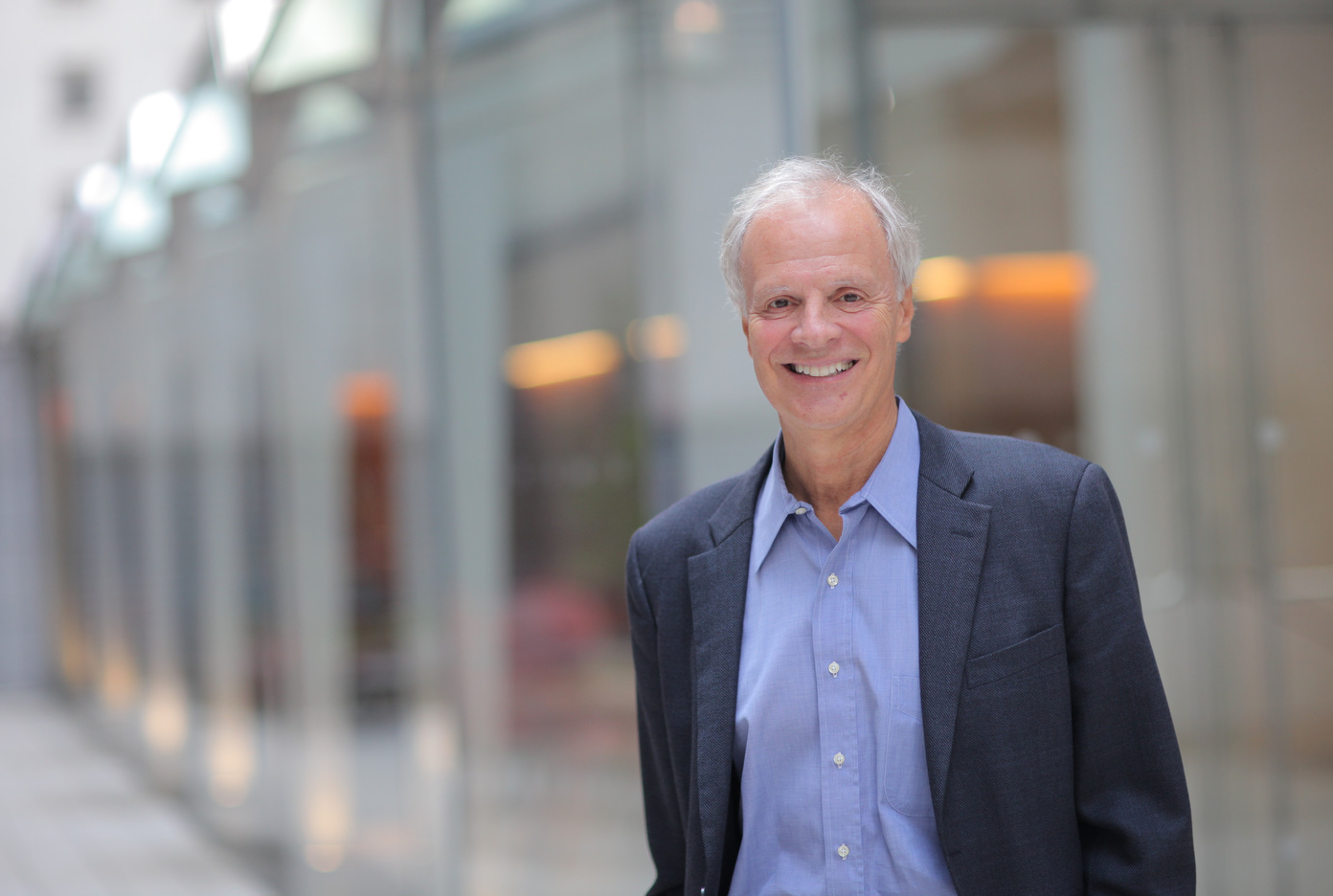NEJM Study Casts Doubts on Interest or Ability of Specialists to Coordinate Care for Patients
NEW YORK (April 21, 2010) — The passage of the new health care reform bill has spurred renewed interest in patient-centered medical homes (PCMH), a new model of care that facilitates partnerships between patients and their physicians to ensure patients get their immediate needs taken care of and uses the tools of technology to keep them healthy.
"The concept has been endorsed by numerous medical organizations as well as the federal government and private insurers," says Dr. Lawrence P. Casalino, chief of the Division of Outcomes and Effectiveness Research in the Department of Public Health of Weill Cornell Medical College. "The question is which doctors are best equipped to provide this care."
In a Perspectives article published in the April 21 online edition of the New England Journal of Medicine, Dr. Casalino and his co-authors make the argument that primary care physician (PCP) practices are better prepared than specialist practices to provide this care to patients.
"Patient-centered medical homes is a concept that combines the notion of the family doctor who cares about you and knows your medical history with the added advantages of technology, such as electronic medical records and patient registries," Dr. Casalino says.
The goal of PCMH is to replace what many patients experience as episodic and impersonal care with coordinated care that would provide referrals to specialists the PCP knows and trusts and offers counseling and other services to help patients remain healthy. For example, a practice that has a large number of patients with diabetes could start a registry to track how well the patients are maintaining good glucose control. And the nonmedical staff could remind patients about scheduling influenza vaccinations or mammograms.
Due to the widespread endorsement of PCMH by the federal government, medical associations and large employers, many physician groups are interested in being part of this new care model. Recently, a member of the Alliance of Specialty Medicine gave testimony before a Senate committee that specialists, and not just PCPs, should be included in the planned medical home demonstration project of the Centers for Medicare and Medicaid Services. And the American Medical Association House of Delegates passed a resolution supporting specialist practices to serve as medical homes.
"The research to date shows that providing this care will be difficult enough for PCP practices as well as multispecialty practices that included PCPs," according to Dr. Casalino. "But given the fact that PCMHs will be offered to an increasing number of patients in the near future, my colleagues and I were curious to see if specialists seemed interested in and capable of providing this care to patients."
In a national study of 373 single-specialty cardiology, endocrinology and pulmonary practices that provided care for patients with chronic diseases such as congestive heart failure, diabetes and asthma, the team looked at the percentage of practices reporting that their physicians serve as primary care physicians for some of their patients. Four out of five practices (based on a response rate of 63.4 percent) reported that their physicians served as PCPs for 10 percent or less of their patients and only 2.7 percent did so for more than 50 percent of their patients. Endocrinologists were more likely to serve as PCPs than the other specialists, but the percentages were still very low.
"Primary care physicians are used to taking care of the multiple medical needs of their patients. Most patients who go to a cardiologist do not expect him or her to be interested in their dermatological problems."
In their discussion, Dr. Casalino and his co-authors write that specialists who want to offer their patients the full services of a PCMH should not be excluded from doing so. However, they should be held to the same rigorous standards as PCP-based medical homes. These standards include providing first-contact, continuous and comprehensive care, as well as using systematic processes to improve the health of their patients.
Study co-authors included Drs. Robin R. Gillies (Ph.D.) and Stephen M. Shortell (Ph.D., M.P.H.) of the University of California Berkeley and Diane R. Rittenhouse (M.D., M.P.H.) of the University of California, San Francisco.
Weill Cornell Medical College
Weill Cornell Medical College, Cornell University's medical school located in New York City, is committed to excellence in research, teaching, patient care and the advancement of the art and science of medicine, locally, nationally and globally. Physicians and scientists of Weill Cornell Medical College are engaged in cutting-edge research from bench to bedside, aimed at unlocking mysteries of the human body in health and sickness and toward developing new treatments and prevention strategies. In its commitment to global health and education, Weill Cornell has a strong presence in places such as Qatar, Tanzania, Haiti, Brazil, Austria and Turkey. Through the historic Weill Cornell Medical College in Qatar, Cornell University is the first in the U.S. to offer a M.D. degree overseas. Weill Cornell is the birthplace of many medical advances — including the development of the Pap test for cervical cancer, the synthesis of penicillin, the first successful embryo-biopsy pregnancy and birth in the U.S., the first clinical trial of gene therapy for Parkinson's disease, and most recently, the world's first successful use of deep brain stimulation to treat a minimally conscious brain-injured patient. Weill Cornell Medical College is affiliated with NewYork-Presbyterian Hospital, where its faculty provides comprehensive patient care at NewYork-Presbyterian Hospital/Weill Cornell Medical Center. The Medical College is also affiliated with the Methodist Hospital in Houston, making Weill Cornell one of only two medical colleges in the country affiliated with two U.S.News & World Report Honor Roll hospitals. For more information, visit www.med.cornell.edu.
Andrew Klein
ank2017@med.cornell.edu

